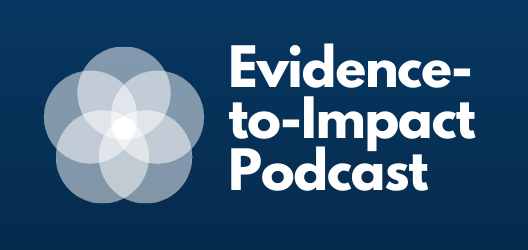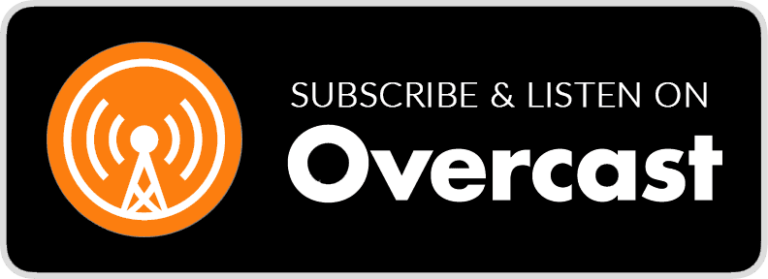
Episode Overview
This month’s episode discusses mental health screenings for adolescents in the K-12 school system. We spoke to Deepa Sekhar, MD, Associate Professor, Department of Pediatrics at the College of Medicine, and Executive Director, Penn State PRO Wellness; Perri Rosen, PhD, NCSP, Consulting Psychologist, Office of Mental Health and Substance Abuse Services, Pennsylvania Dept. of Human Services, and Steve Sharp, School Counselor in the Hempfield School District, and K-12 School Counseling Coordinator for the Hempfield School District about why having mental health screenings (or mood screenings) in K-12 schools makes a difference when helping children who might be struggling and getting them the resources that they need to succeed.
Episode Resources and Notes
- The SHIELD study is mentioned several times throughout the episode. SHIELD stands for Screening in High Schools to Identify, Evaluate and Lower Depression.
- The Student Assistance Program (SAP) is a systematic team process used to mobilize school resources to remove barriers to learning. SAP is designed to assist in identifying issues including alcohol, tobacco, other drugs, and mental health issues which pose a barrier to a student’s success.
- Steve mentions receiving a school safety grant through Pennsylvania Commission and Crime and Delinquency (PCCD). He also mentions getting an ESSER grant through the Department of Education.
- Deepa discusses the SHIELD study receiving funded by the Health Resources and Services Administration and the Patient Centered Outcomes Research Institute.
- Steve mentions using MTSS teams, which stands for multi-tiered systems of supports.
- Lastly, Steven talks about the CAMS Model (Collaborative Assessment and Management of Suicidality), which is a therapeutic framework for suicide-specific assessment and treatment of a patient’s suicidal risk.
Key Information
SourceEvidence-to-Impact Collaborative
Publication DateNovember 4, 2022
Resource TypeAudio
Recent Podcast Episodes
Share This Page
Episode Overview
This month’s episode discusses mental health screenings for adolescents in the K-12 school system. We spoke to Deepa Sekhar, MD, Associate Professor, Department of Pediatrics at the College of Medicine, and Executive Director, Penn State PRO Wellness; Perri Rosen, PhD, NCSP, Consulting Psychologist, Office of Mental Health and Substance Abuse Services, Pennsylvania Dept. of Human Services, and Steve Sharp, School Counselor in the Hempfield School District, and K-12 School Counseling Coordinator for the Hempfield School District about why having mental health screenings (or mood screenings) in K-12 schools makes a difference when helping children who might be struggling and getting them the resources that they need to succeed.
Episode Resources and Notes
- The SHIELD study is mentioned several times throughout the episode. SHIELD stands for Screening in High Schools to Identify, Evaluate and Lower Depression.
- The Student Assistance Program (SAP) is a systematic team process used to mobilize school resources to remove barriers to learning. SAP is designed to assist in identifying issues including alcohol, tobacco, other drugs, and mental health issues which pose a barrier to a student’s success.
- Steve mentions receiving a school safety grant through Pennsylvania Commission and Crime and Delinquency (PCCD). He also mentions getting an ESSER grant through the Department of Education.
- Deepa discusses the SHIELD study receiving funded by the Health Resources and Services Administration and the Patient Centered Outcomes Research Institute.
- Steve mentions using MTSS teams, which stands for multi-tiered systems of supports.
- Lastly, Steven talks about the CAMS Model (Collaborative Assessment and Management of Suicidality), which is a therapeutic framework for suicide-specific assessment and treatment of a patient’s suicidal risk.
Key Information
SourceEvidence-to-Impact Collaborative
Publication DateNovember 4, 2022
Resource TypeAudio
Recent Podcast Episodes
Share This Page
LET’S STAY IN TOUCH
Join the Evidence-to-Impact Mailing List
Keep up to date with the latest resources, events, and news from the EIC.













